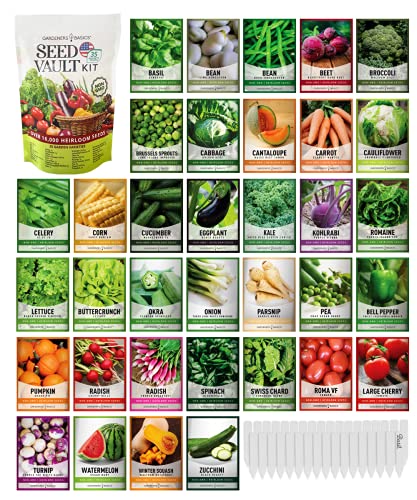PhilDarby
Member
- Joined
- Nov 13, 2012
- Messages
- 163
- Reaction score
- 41
Ok this might be a bit early to bring up, but, u know how it is wen you've had a few and you've been sampling and not sure if it because you've sampled a few or if its subjective or not, well, ive just tried an experiment, which goes like this, I made a cherry wine that was made from what I can gather bitter or prob cooking cherries, I had few and the acid became excesive, I have gastric problems and went to the cupboard for some help, then I thought hang on, thats pointless, what would happen if I added it to the wine, so, I added the tip end of 2 spatulas of sodium bicarbonate to my 250 mls that was waiting to be drunk (a well known burger place the spatula came from for stirring coffee) well anyone who knows chemistry will know acid plus base = salt plus water, there was no obvious salt at the bottom but I filtered it anyway, the funny thing is it has a nice taste still but has a more neutral taste like less offensive if that makes any sense, the base flavour is still the same but less harsh acid wise.
OK I do realise im probably a bit tipsy, but, on a wine forum I expect that might be acceptable hopefully.
Feedback and opinions appreciated.
Ive also noted that a nice wine, that's very well made can taste different with every glass until you've had about 700 mls, or, collapsed which ever is sooner, I guess that's how they arrived at a 700 ml bottle.
OK I do realise im probably a bit tipsy, but, on a wine forum I expect that might be acceptable hopefully.
Feedback and opinions appreciated.
Ive also noted that a nice wine, that's very well made can taste different with every glass until you've had about 700 mls, or, collapsed which ever is sooner, I guess that's how they arrived at a 700 ml bottle.
Last edited:




















![[Upgraded] 9Pcs Tree Root Growing Box with Drain Holes, Half Transparent Plant Rooting Propagation Ball & Metal Core Twist Ties, for Fast Propagation Plants (Size M)](https://m.media-amazon.com/images/I/514MWQxtWOL._SL500_.jpg)
































